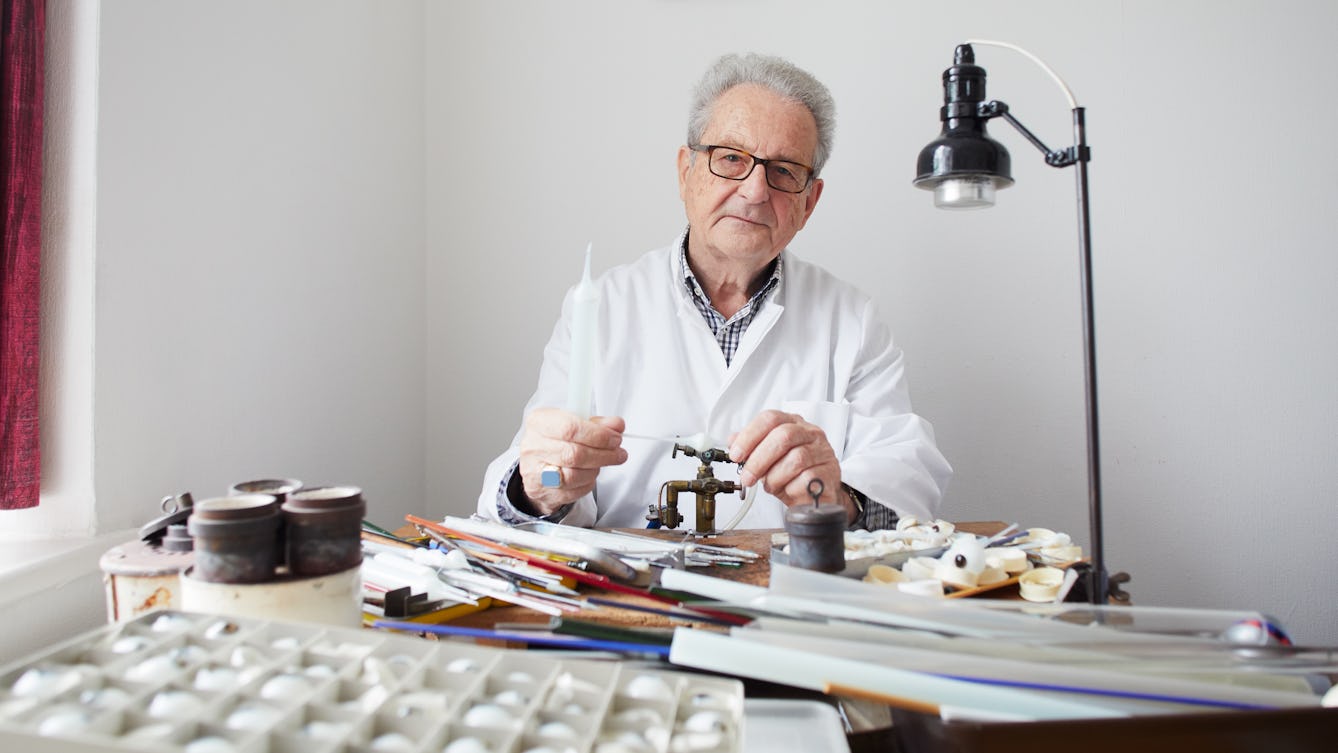
- Photo story
- Photo story
The last glass-eye maker in Britain
Meet Jost Haas – the UK’s last artificial-eye maker working exclusively with glass.
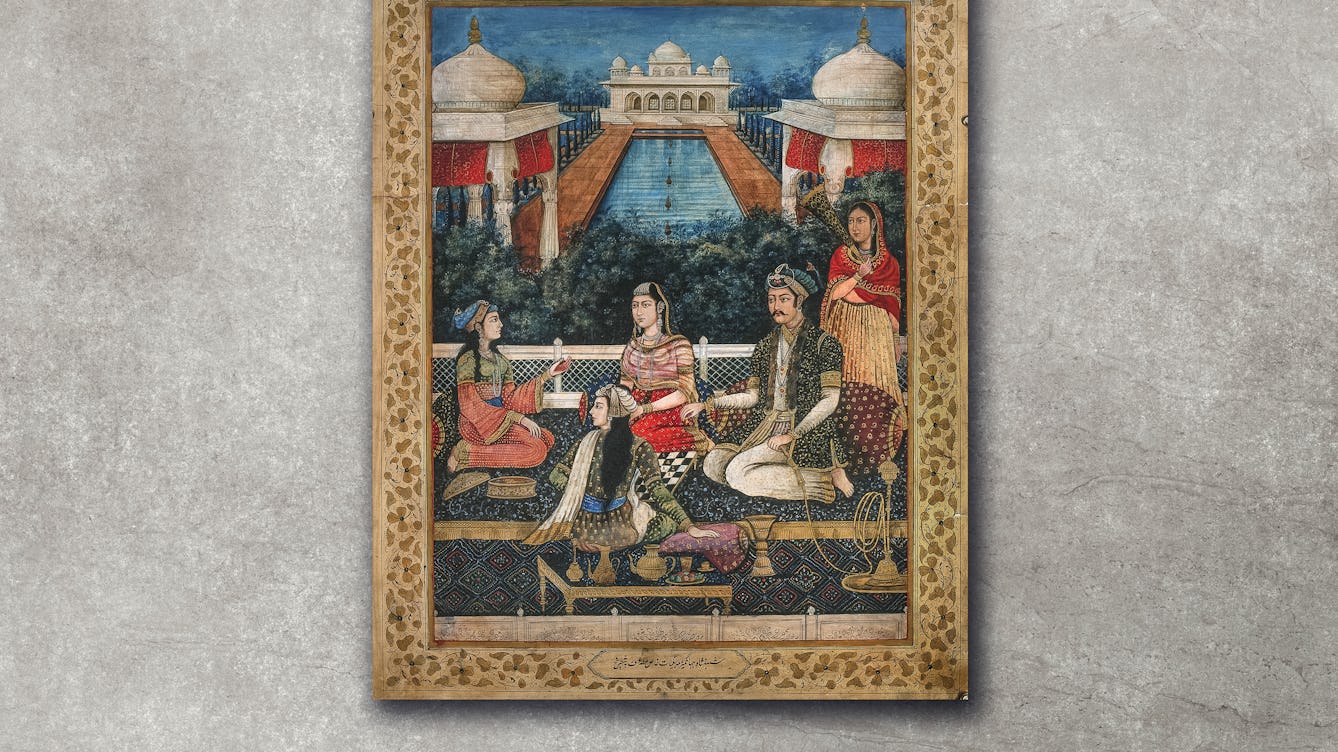
- In pictures
- In pictures
Hookah smoking in colonial Calcutta
Hookah smoking began in the royal courts of Mughal India, and like many other local customs, it was readily adopted by British colonials in the 18th century as a symbol of wealth and status.
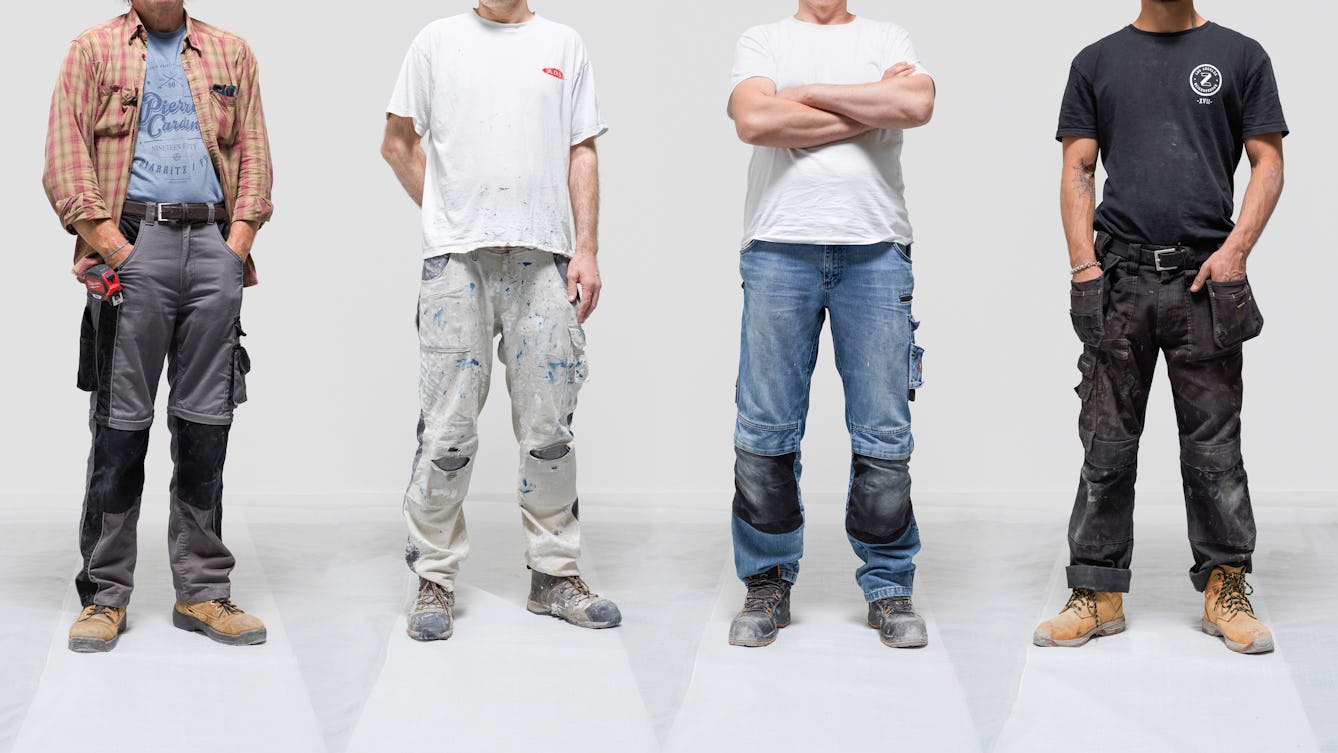
- Article
- Article
Butch drag in the builders’ caff
Two men in a café dressed in practical workwear might seem indistinguishable, but closer inspection reveals layers of complex, nuanced identity.

- Article
- Article
A brief history of tattoos
The earliest evidence of tattoo art dates from 5000 BC, and the practice continues to hold meaning for many cultures around the world.
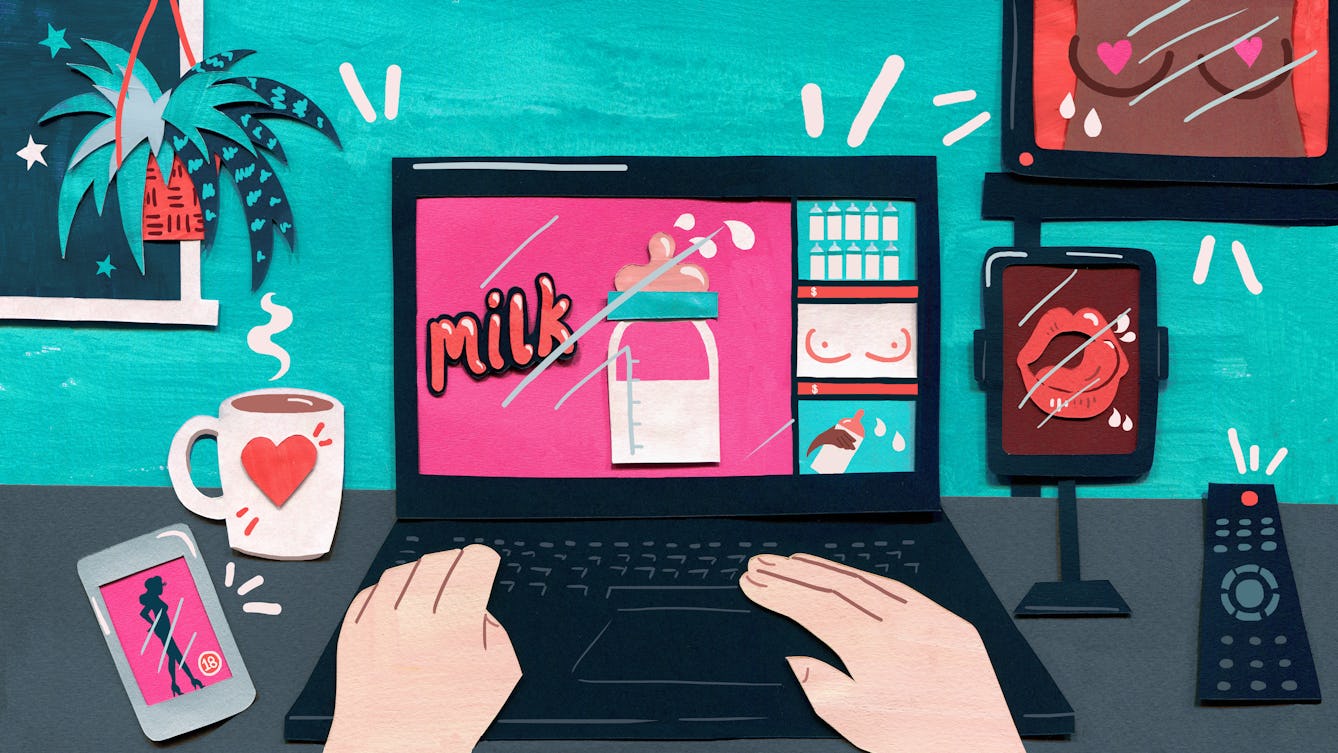
- Article
- Article
Trading breastmilk with men
When Alev Scott advertised her milk for sale, she was inundated with messages from men keen to satisfy sexual fetishes. Here she finds out who they are, and why women sell to them.
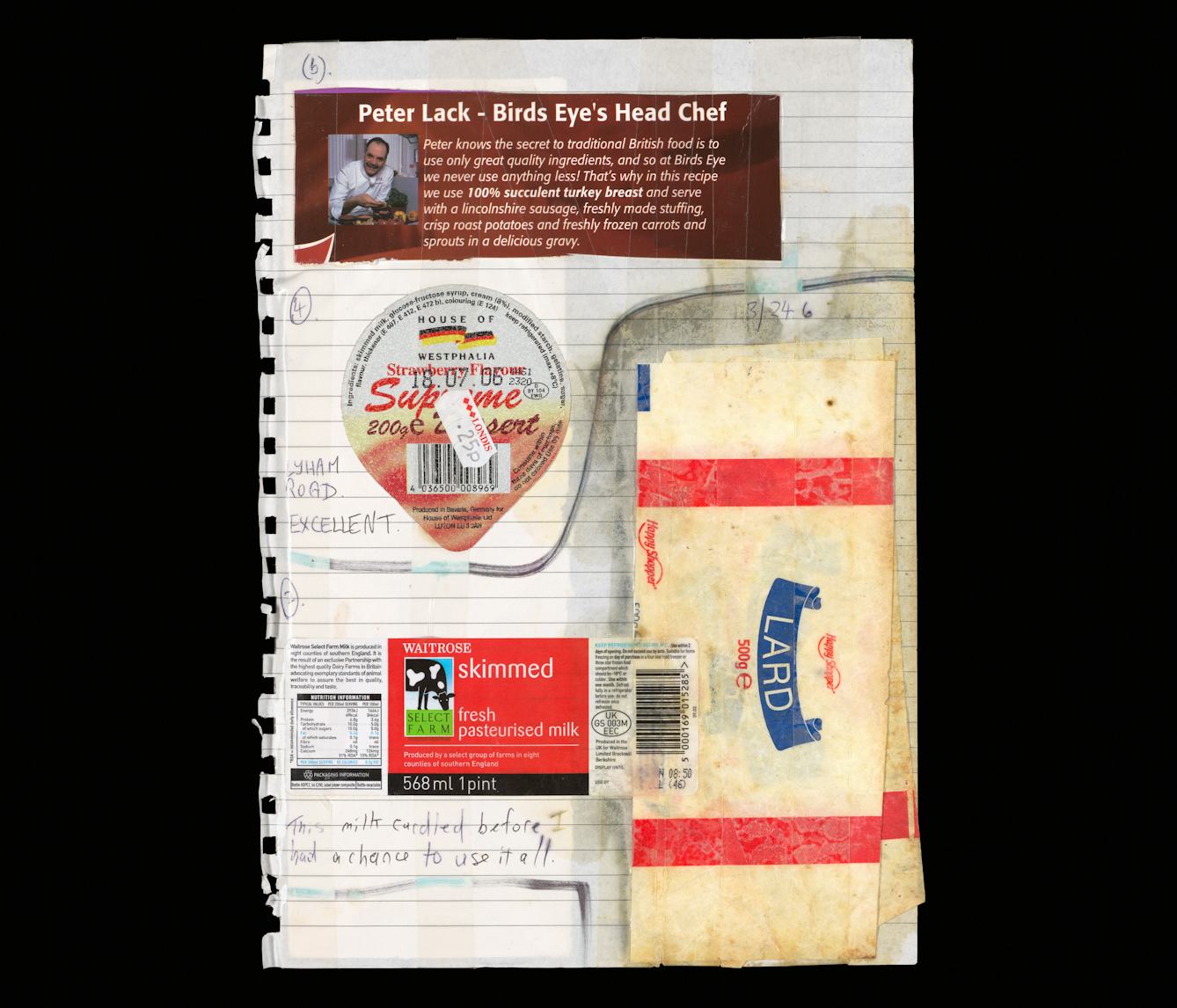
- Article
- Article
Conserving Audrey
Elena describes how specially designed storage allows Audrey’s scrapbooks to retain all traces of her creative process, although their intrinsic fragility means deterioration is almost inevitable.
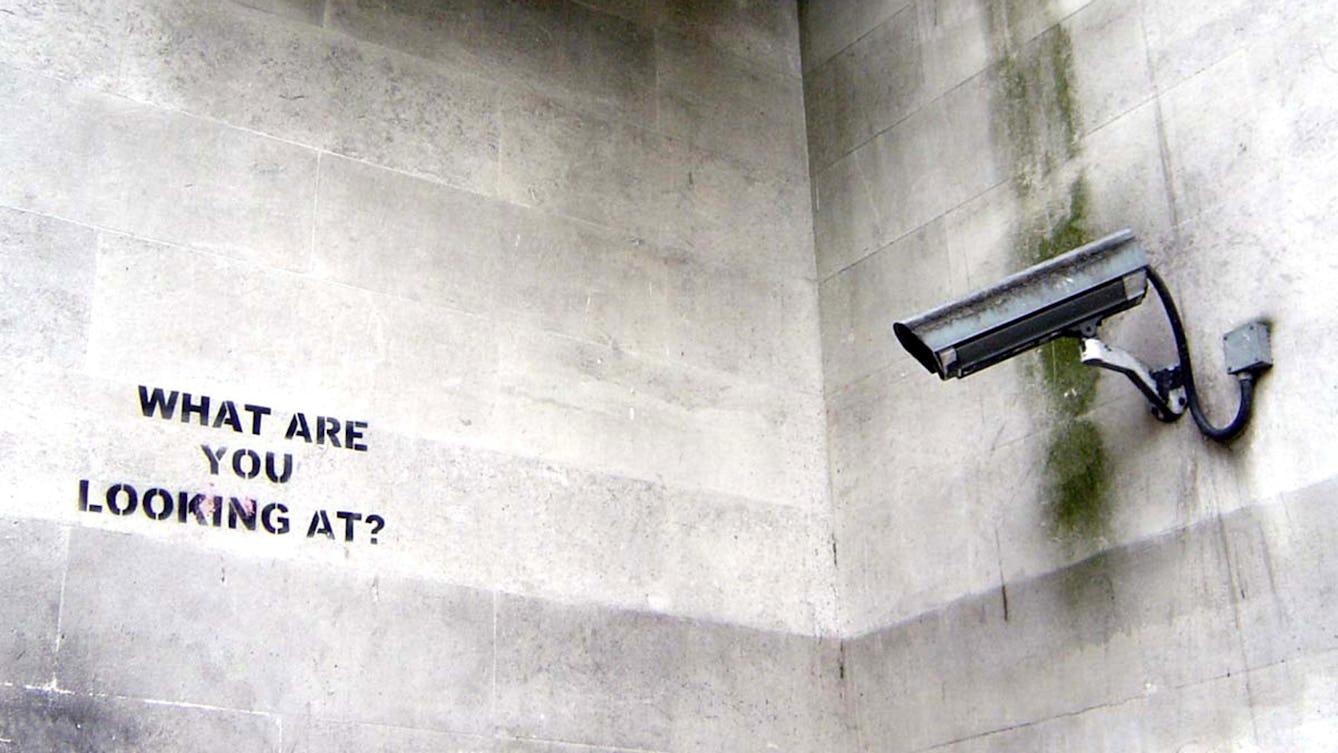
- Article
- Article
The smile catchers
From facial recognition to emojis in apps, find out how the monitoring of emotions is used to get more out of workers.

- Article
- Article
The bishop’s profitable sex workers
How did the Church rake in revenue from 14th-century sex regulations? Kate Lister explores a bishop’s lucrative rulebook.
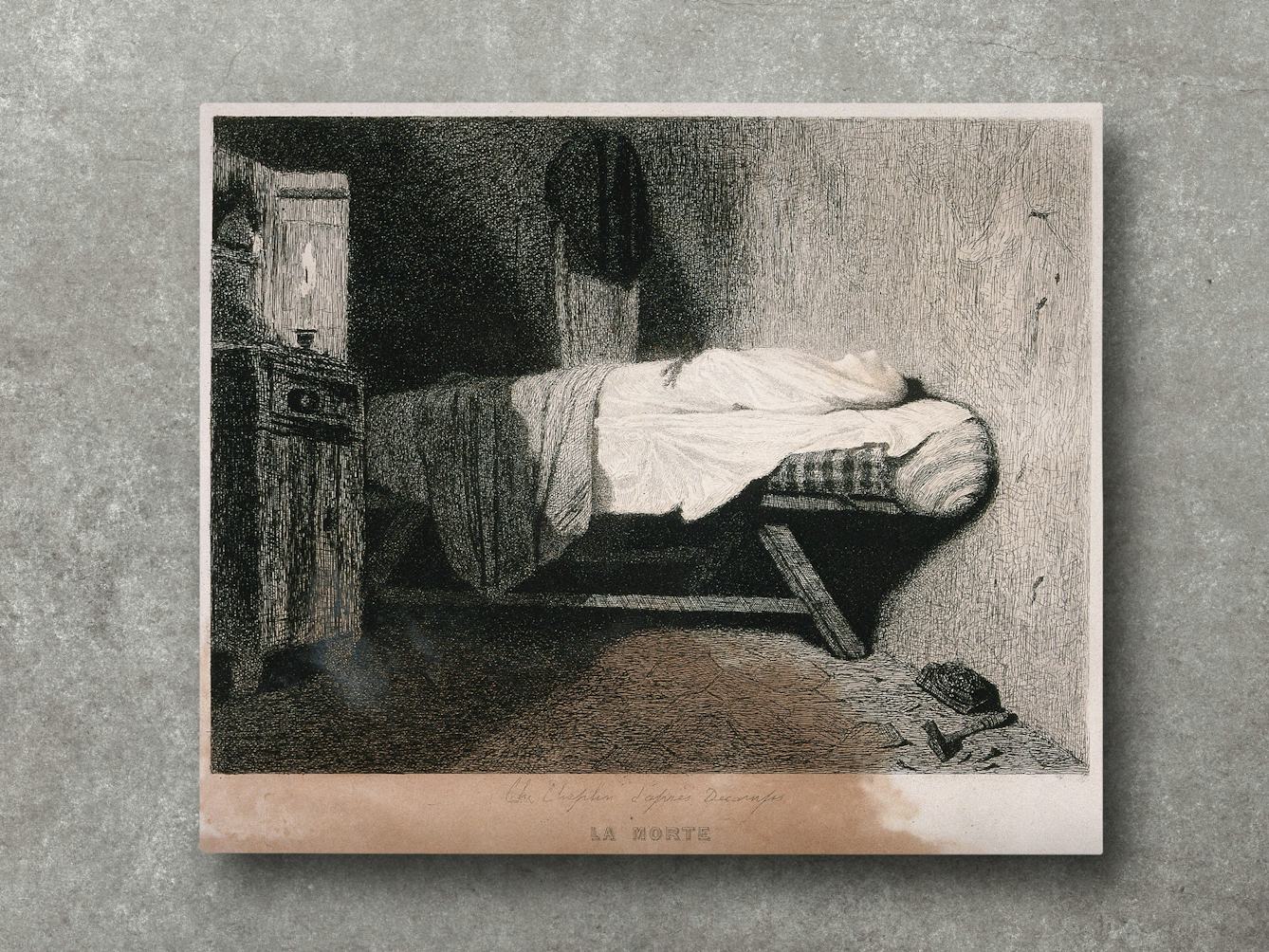
- Article
- Article
Why we no longer keep our dead at home
Today in the UK we rarely sit with, touch, or perhaps even see our loved ones after they’ve died. Past practices were very different and, Claire Cock-Starkey argues, were more helpful for those grieving.

- Article
- Article
Sex work and critical campaigners
When campaigners filmed secretly in the club where she worked, exotic dancer Ella Smith felt frightened and degraded. Here she speaks out about the attack on her livelihood.
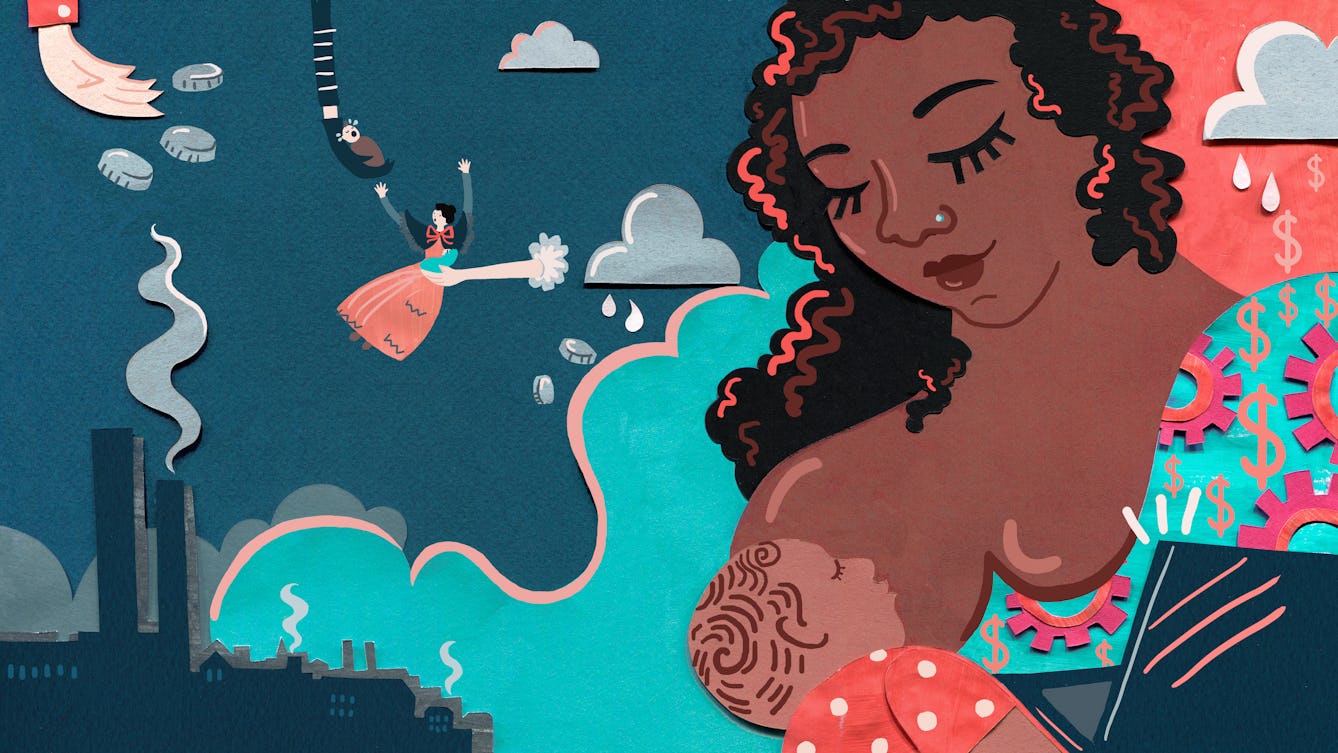
- Article
- Article
The work of wet-nursing
Many of us know that in the past, babies were sometimes nourished by wet-nurses. But, perhaps surprisingly, the practice continues today – and the milk recipients are not only babies.

- Article
- Article
Lonely bodies are hungry for more than turkey
At Christmas, many charities provide dinners for homeless or isolated people. Food is central to festive celebrations, but it can also satisfy our hunger for belonging and community.
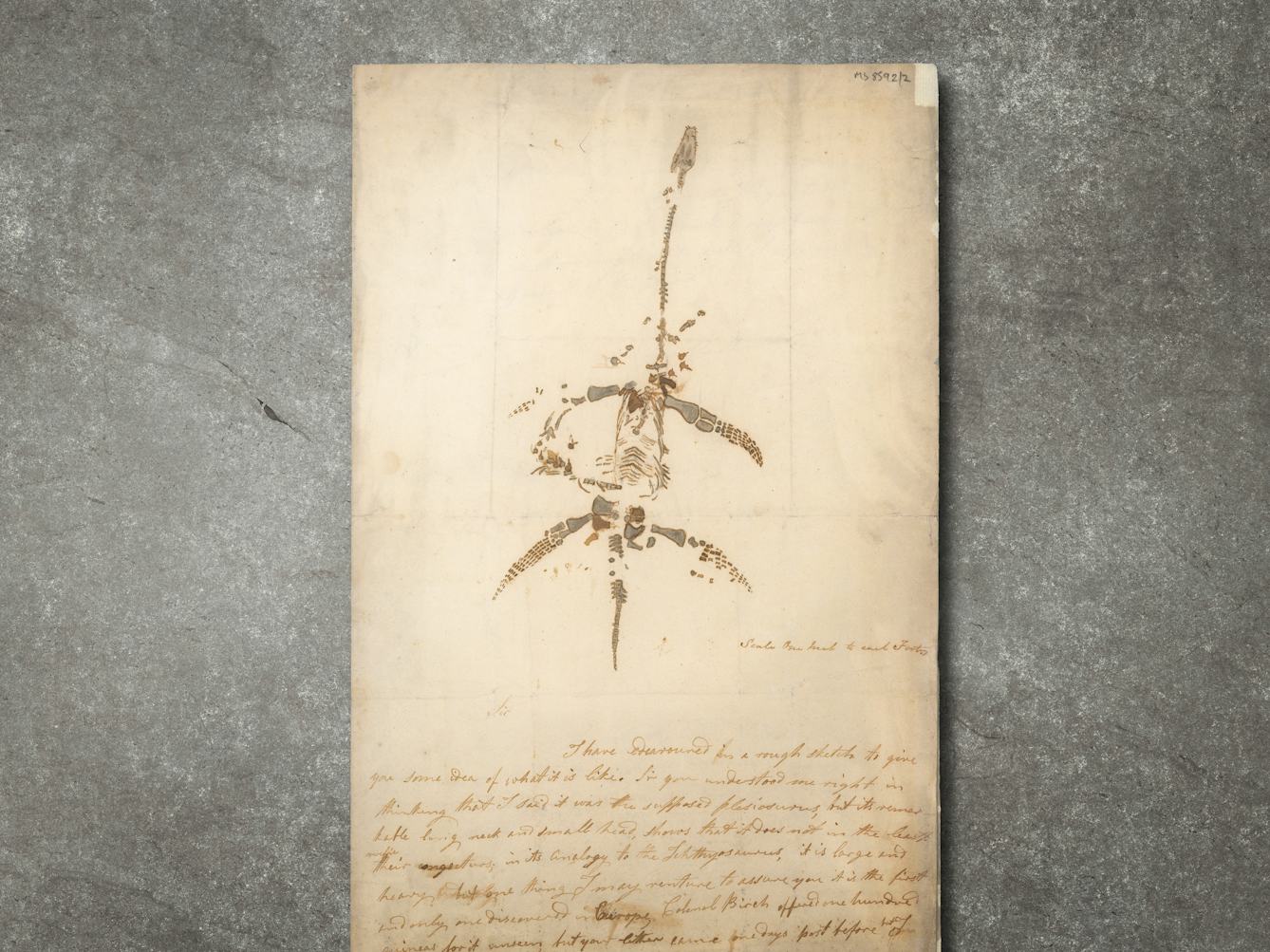
- Article
- Article
Would you like to buy a dinosaur?
Two remarkable letters and a drawing of a plesiosaur by Mary Anning offer a tantalising portal into the exciting world of fossil hunting and discovery of the 1800s.
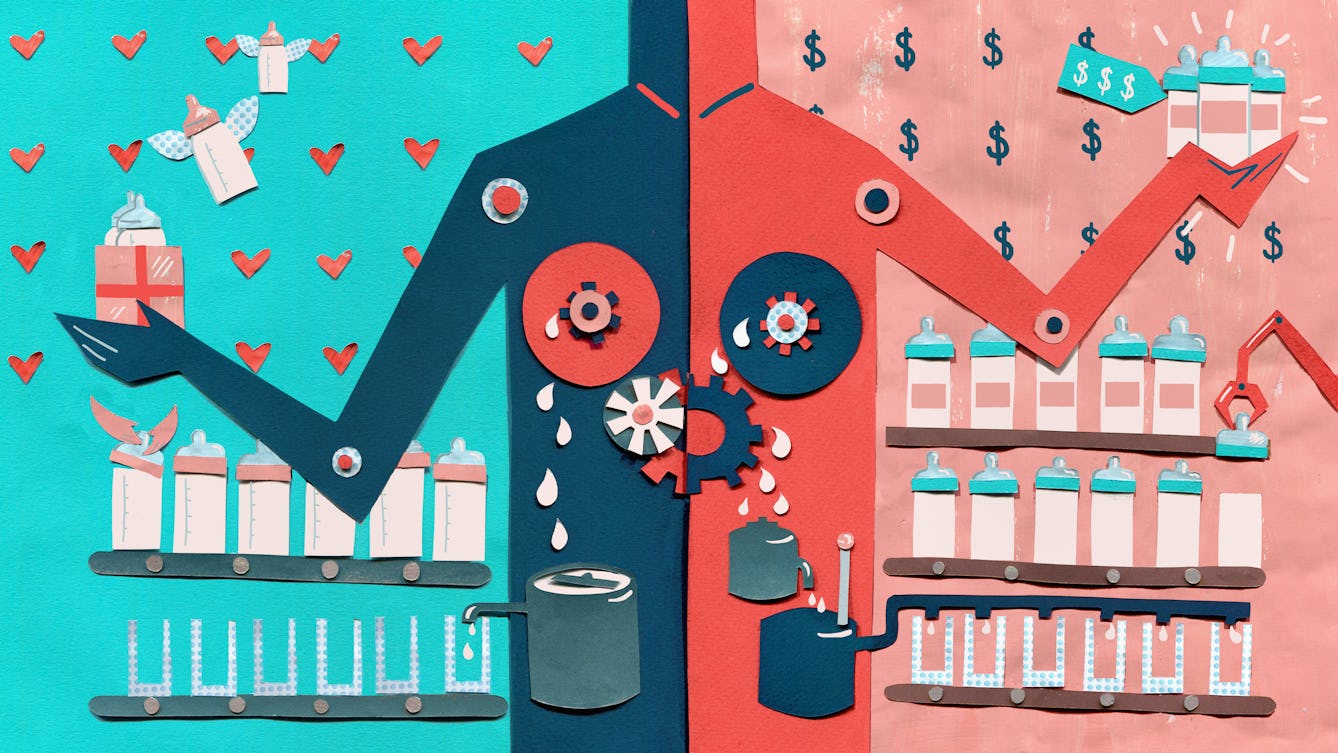
- Article
- Article
Sharing breastmilk with parents
Alev Scott donated her frozen breastmilk to a hospital milk bank, but she was curious about other routes. Here she explores commercial operations and informal private arrangements.
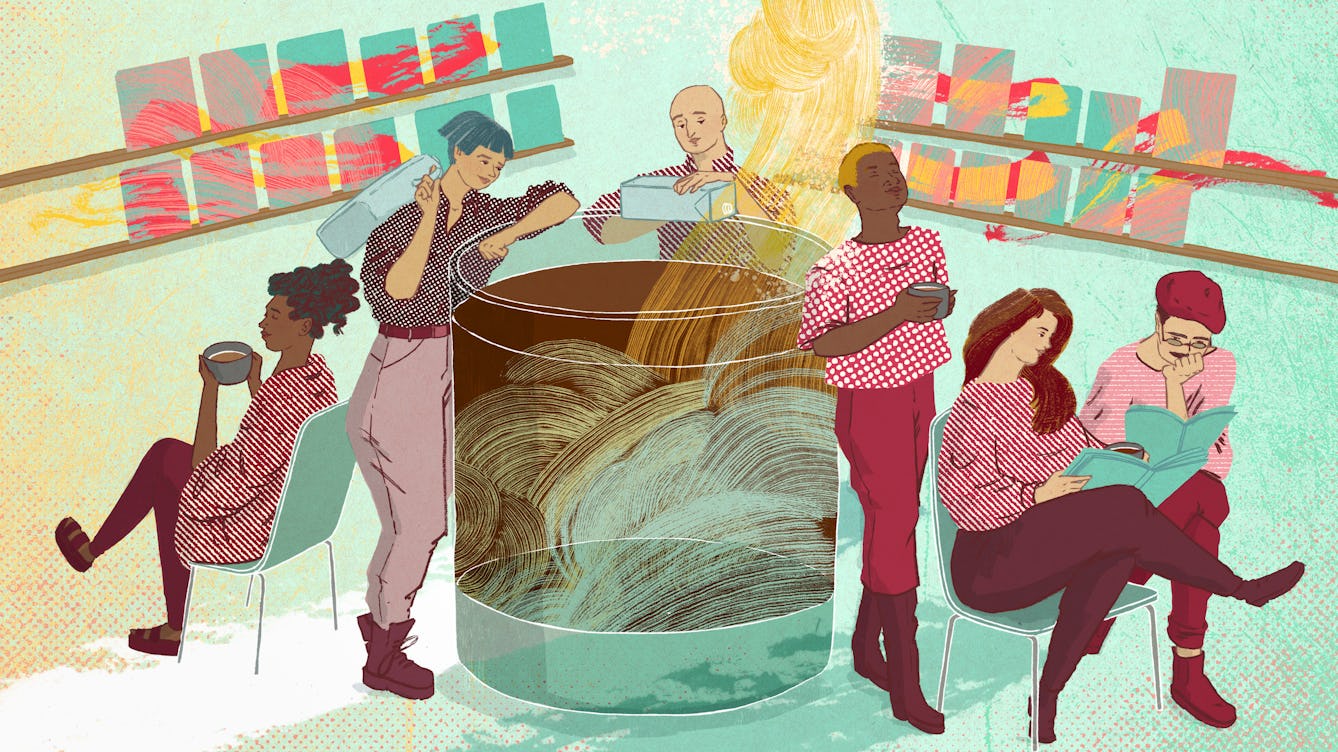
- Article
- Article
Queer cafés and gay mylk
Holly Regan explores queer London spaces where the alternative – oat milk – is the norm for the communities gathering there.

- Article
- Article
There’s more to gingerbread than ginger
‘Bake-Off’ finalist Mary-Anne Boermans treats us to the warm and enticing pleasures of gingerbread over centuries.
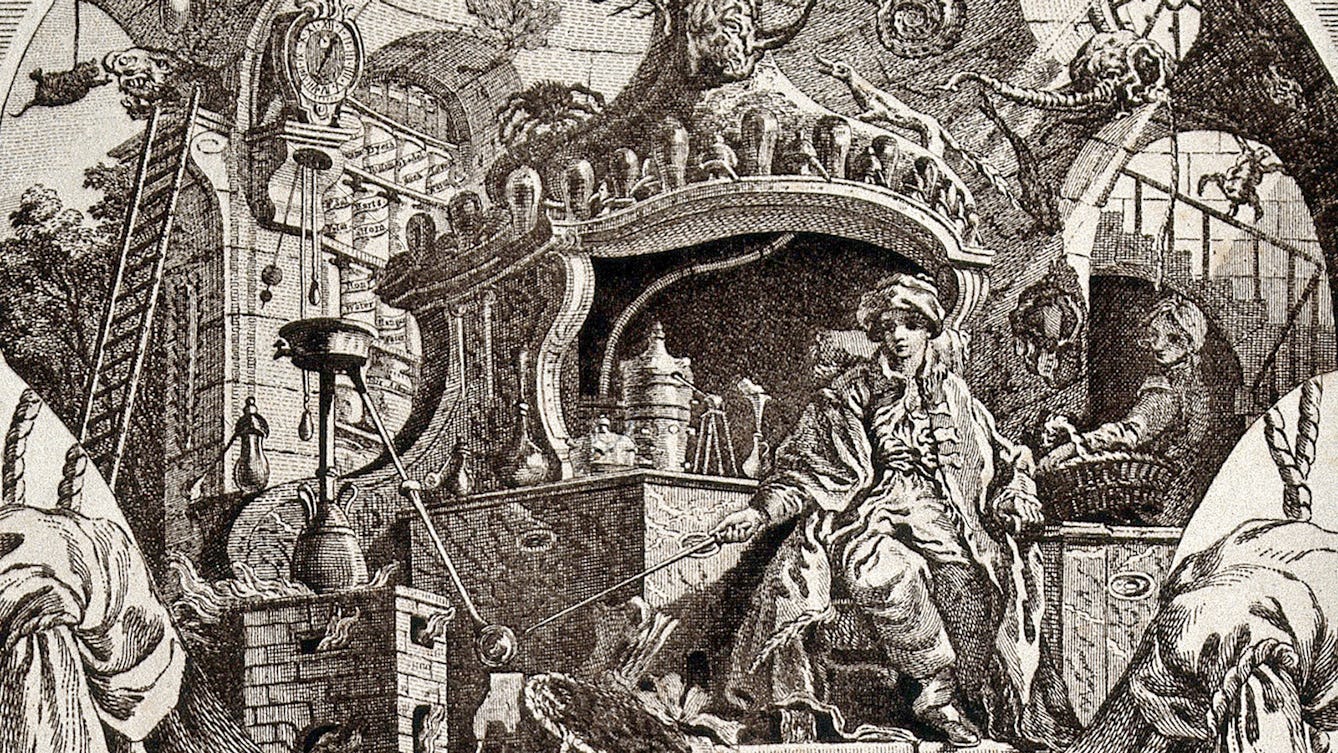
- Article
- Article
The chymist’s trade card
An 18th-century trade card reveals far more than its owner may have intended.

- Photo story
- Photo story
From chef’s whites to medical scrubs
Meet the machinists who have rapidly switched from making clothing for hospitality staff to uniforms for hospital workers.

- Article
- Article
The ‘undesirable epileptic’
Abused in her marriage for being 'a sick woman', Aparna Nair looked to history to make sense of the response to her epilepsy. She discovered how centuries of fear and discrimination were often endorsed by science and legislation.
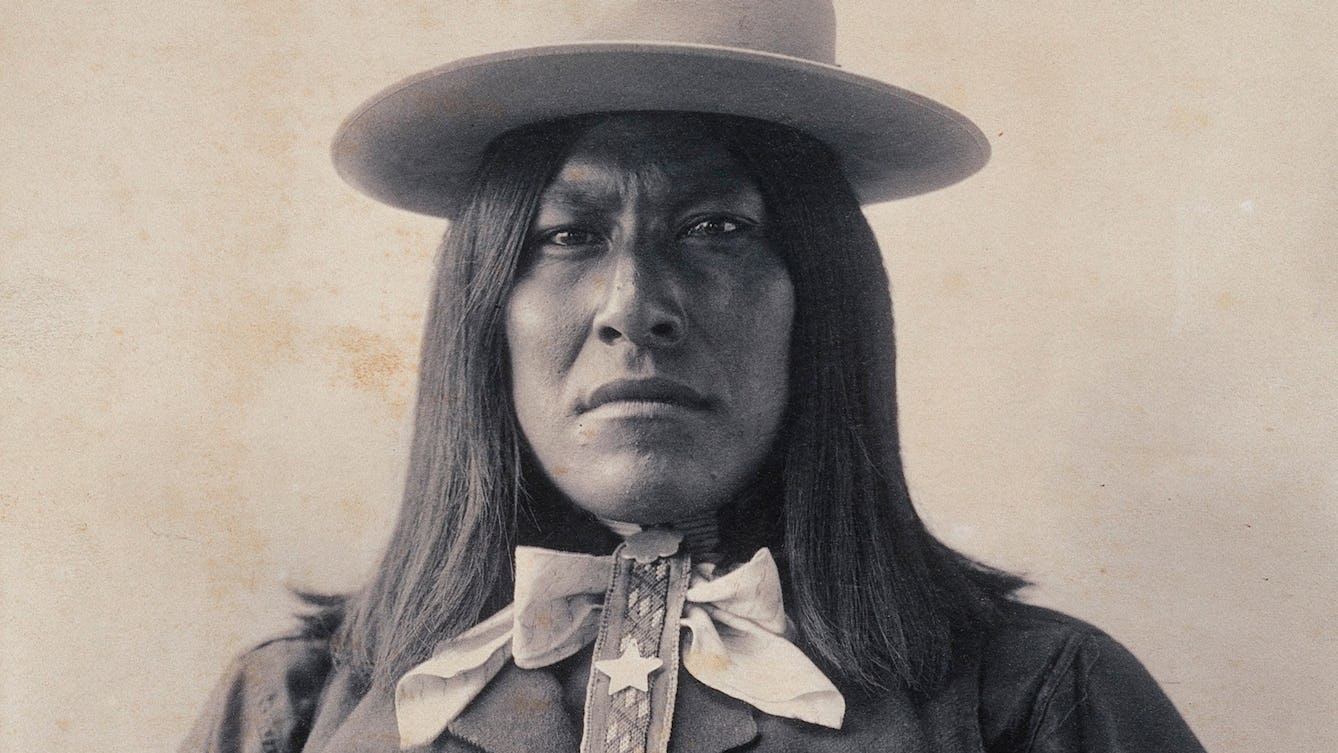
- Article
- Article
Native Americans through the 19th-century lens
The stories behind Rinehart's photographs may not be as black and white as they first appear.
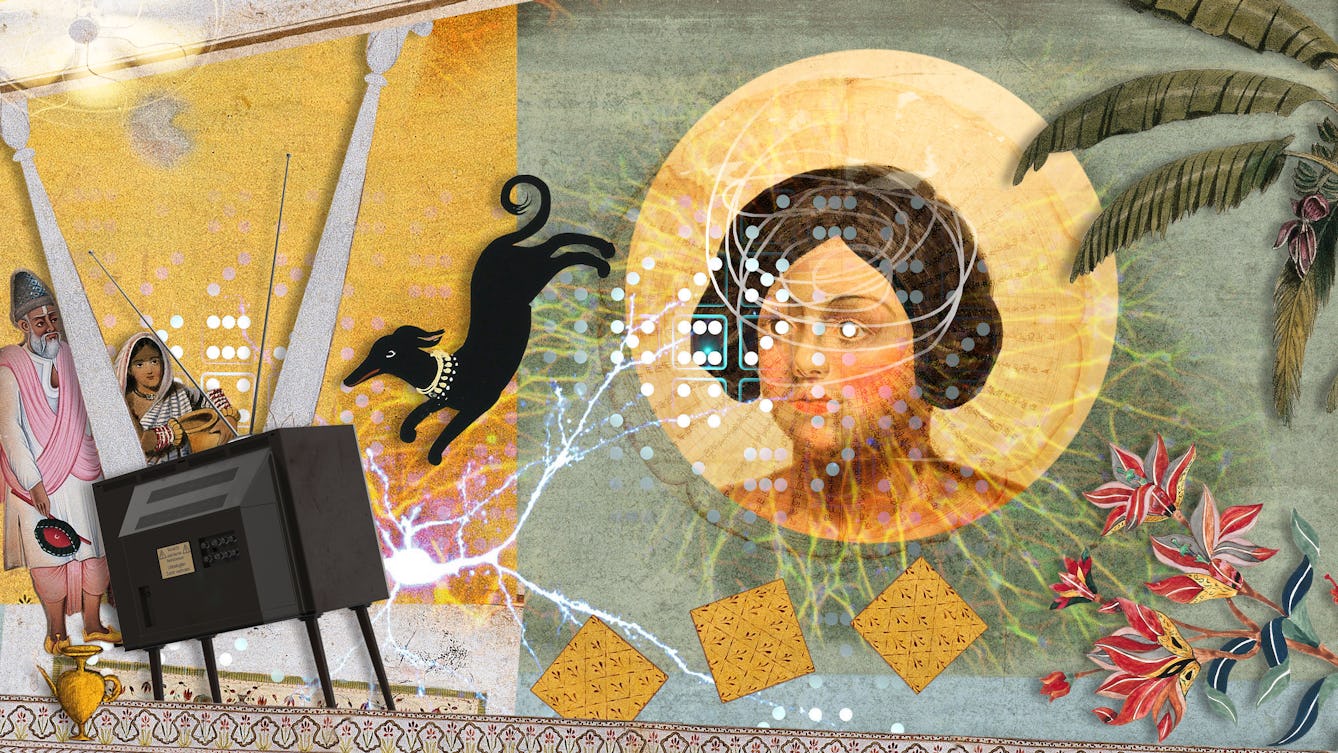
- Article
- Article
The first seizure
Historian Aparna Nair had her first seizure when she was 11. Here she recalls that first time, and how other people’s reactions are sometimes the most disturbing part about having a seizure.
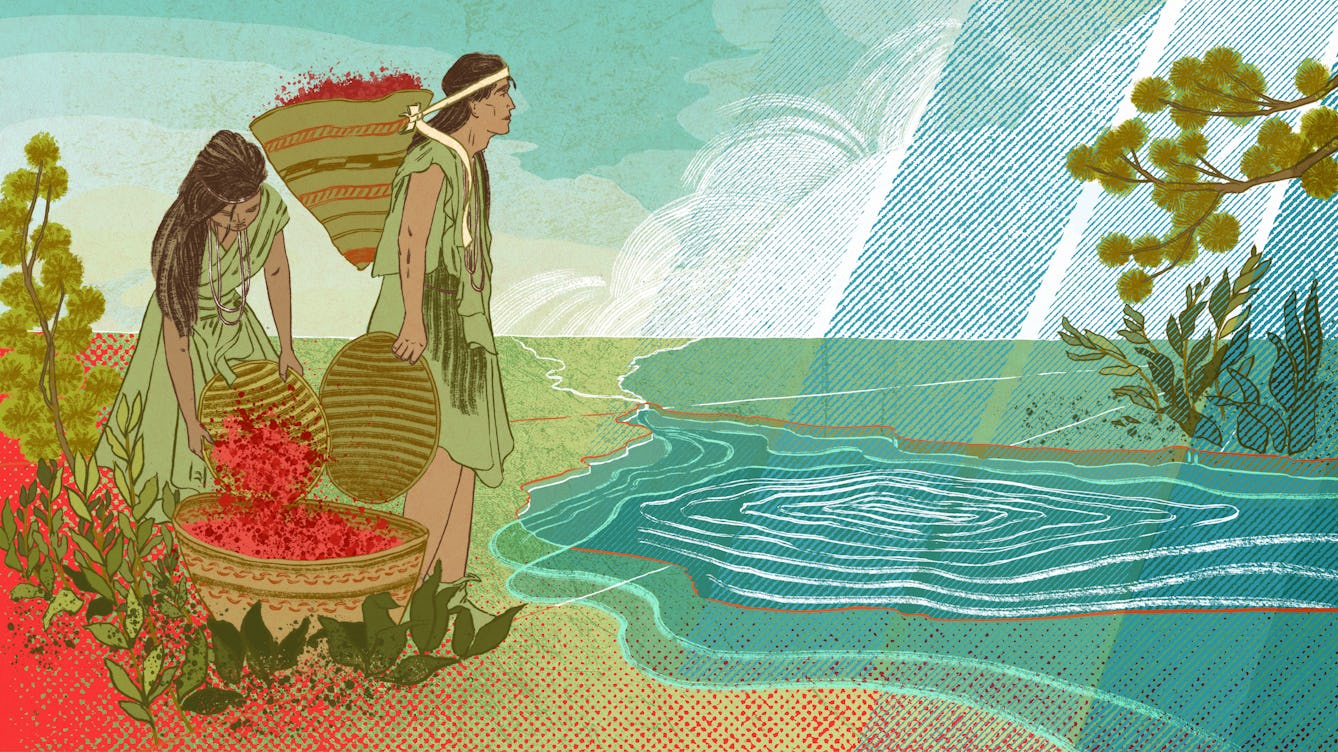
- Article
- Article
How Californian dairy farmers stole a way of life
When European settlers drained a beautiful Californian lake to provide dairy grazing, the lives of nearby Native American peoples changed out of all recognition. But recent rainfall is strengthening hopes of a return to the old ways.
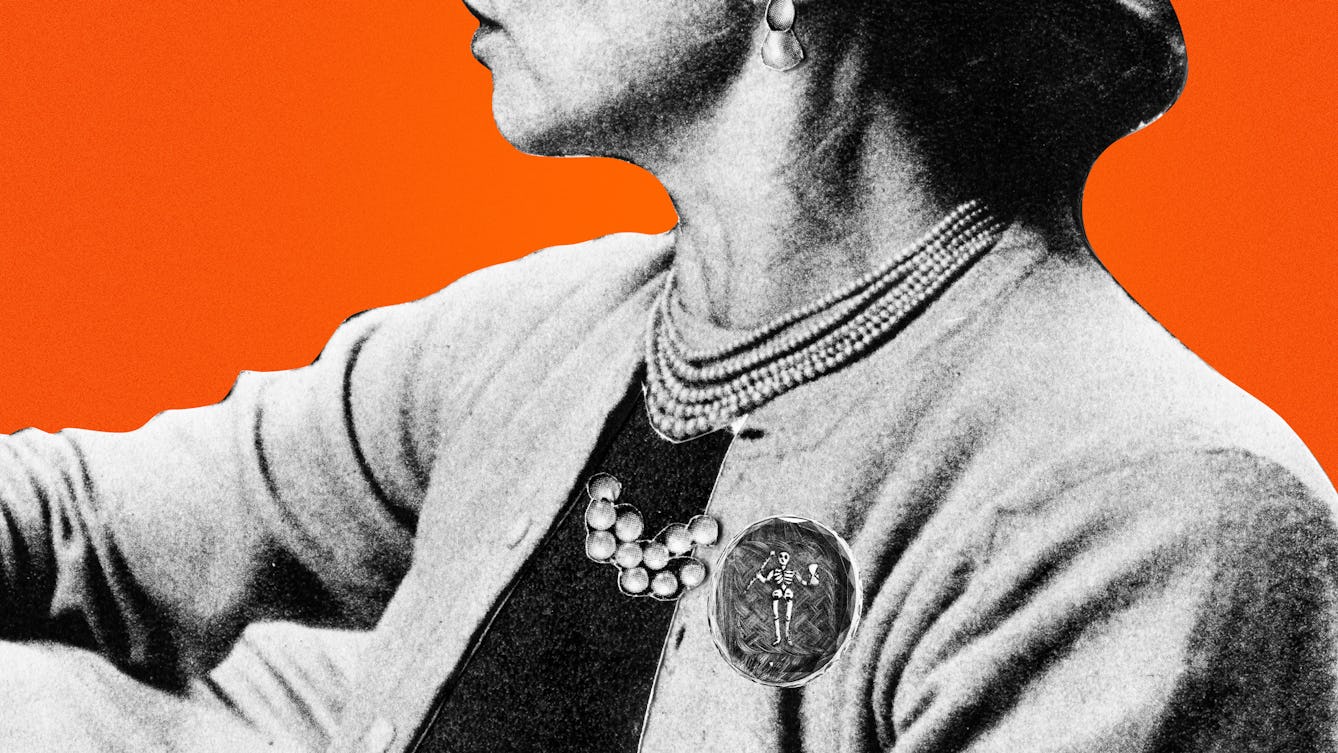
- Article
- Article
Keeping death close
Scattering her father’s ashes, Lauren Entwistle found herself longing for something physical that proved he once was a living, breathing person. Here she reflects on the objects that help us to grieve and remember.

- Article
- Article
Unravelling genetic origins from the potato to cinchona
Starting with the humble potato, Nataly Allasi Canales reveals how researchers unearth the genetic origins of modern plant varieties, and explains why their work is so important for biodiversity.

- Article
- Article
Duelling doctors
An enduring enthusiasm for 18th-century gentlemen to defend their ‘honour’ by duelling placed doctors in a delicate position. Specially when they faced being shot themselves.